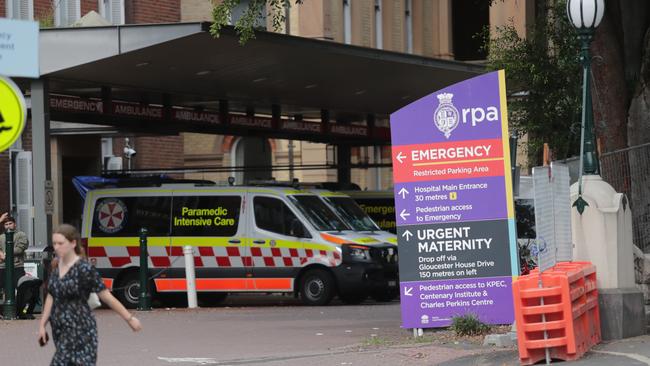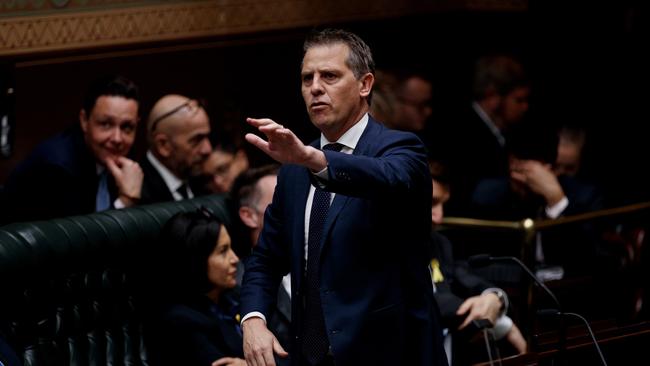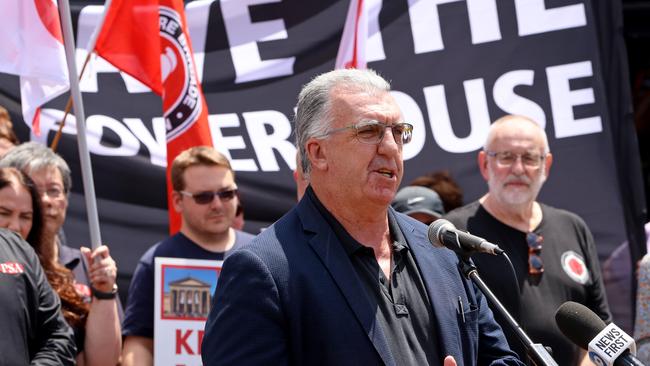NSW Government’s inquiry into healthcare funding spotlights aged care, primary care, NDIS issues
Elderly patients are languishing in hospital departments for months due to the federal government’s failure to fund the aged care sector, an inquiry into health spending has found. Here’s what you should know.
NSW
Don't miss out on the headlines from NSW. Followed categories will be added to My News.
Elderly patients are languishing in hospital departments for months instead of being looked after in aged care facilities due to the federal government’s failure to fund the sector, an inquiry into health spending has found.
The long-awaited Special Commission of Inquiry into healthcare funding said that while NSW has a “good” healthcare system, it is being let-down by failings in the federally-funded GP network, aged-care system, and National Disability Insurance Scheme.
The inquiry has recommended sweeping changes to how all NSW government policies are made, calling for the Chief Health Officer to oversee a new “multiagency” body to assess new policy proposals for the “potential impact on the health and wellbeing of the population”.
The report, published on Friday, found elderly patients are being left in NSW hospitals far longer than their treatment requires, creating “bed blocks” across the state.
The report found lack of Commonwealth funding for “thin (and) failing aged care markets” has forced the public health system to act as the safety net for an ageing population.

Workers are also struggling to pick up the slack from the NDIS due to providers passing off their clients to public hospitals, the report identified.
Frontline healthcare in hospitals and GP clinics is already under “severe pressure” due to lack of federal funding, exacerbated by industrial disputes and staffing issues within NSW Health.
The findings come after the inquiry heard testimonies from more than 220 witnesses and 226 written submissions across 70 days of hearings.

As part of their investigation, the inquiry the also visited every local health district in metropolitan and regional NSW to meet with clinicians, patients, healthcare providers and management.
Their report produced 41 recommendations across 12 priority areas highlighting the need for preventative healthcare, workforce shortages, and issues with primary and aged care.
Buried in the key findings included an admission that “serious problems will continue to bedevil public hospitals if something is not done urgently” to find aged care beds for the patients private providers will not accept.
“It is unrealistic to think that this problem can be solved without the state stepping in to
play a greater role than it presently does in the aged care market,” the report read.

The inquiry discovered similar issues with NDIS patients where local health districts had become the “default provider” for participants due to carer fatigue or breakdowns in living arrangements.
NSW Health Minister Ryan Park said he was “grateful to the commission and the many people from every level of our health system who generously shared their insights with the inquiry”.
While Health Services Union secretary Gerard Hayes said the report exposed how the “state government has continually got to pick up the shortfall … because of problems with the federal system”.
“If we can ensure a demarcation between the state and federal level is in play and supported properly, it will free up the ability for people to access health care,” he said.




